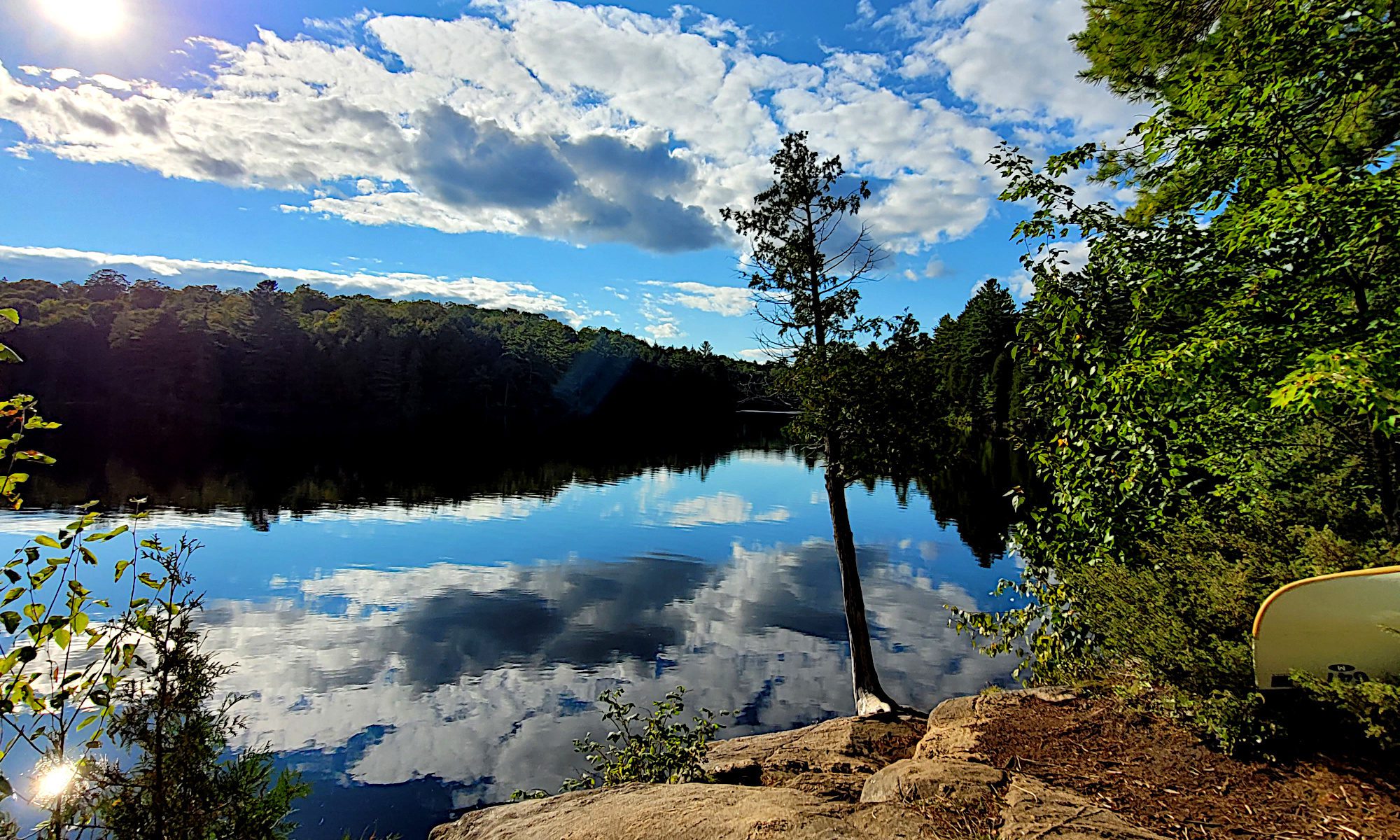
Although many people find things to criticize about Facebook, including its privacy policies, one thing that many users — and many companies that connect to the network’s social graph — like is that the social network requires users to register with their real names. In fact, that’s arguably one of Facebook’s big strengths: it allows you to know who you are connecting to and sharing information with. At the same time, however, that approach makes it difficult for political dissidents in countries such as Egypt to use the network as a tool for organizing protests and other revolutionary purposes, since they don’t want the authorities to be able to track them and their activities. Despite some pressure from social activists, a Facebook official said today that it has no plans to change its policy.
There has been a lot of attention paid recently to the use of social tools such as Twitter and Facebook in uprisings in Tunisia and the more recent popular revolt in Egypt. Although debate continues about how much of an effect these tools have had (a topic we have written about before on a number of occasions) there is no question that activists and revolutionaries in both countries have made use of all the tools at their disposal to organize, including mobile SMS and web-based social networks. While they may not create revolutions where none would otherwise exist, they can certainly help to speed up the process.
To take just one example, Wael Ghonim — the Google staffer who was released Monday after being detained for almost two weeks by the Egyptian government, and who has become a figurehead of the popular movement — has talked about how the Facebook page he helped administer was crucial in building support for the January 25th demonstrations that started the recent uprising. Although he used the name “El Shaheed,” which in Arabic means “the martyr,” the social network has a strict policy against the use of pseudonyms, and some protest-oriented groups in Tunisia and elsewhere have found themselves shut down because of this policy.
While Facebook and other social networks make it easy to spread the word and rally popular support to such causes, however, they also make it easy for government operatives to track activists and dissidents who use such channels to communicate. Although Facebook has taken action to stop outright hacking of the kind the Tunisian government engaged in, there is nothing to stop members of the police or army from simply watching what gets posted to pages about protests, etc. and then following or tracking down those individuals. According to a recent story in the Daily Mail, that’s exactly what government agents have been doing.
Jillian York, who works with the Global Voices Online project — an offshoot of the Harvard Berman Center for the Internet and Society — has been one of those arguing that Facebook should find some way of modifying its policies so that the social network can be used by dissidents in a variety of ways, without the fear of being tracked by their governments and suddenly disappearing the night.
I, for one, would like to see Facebook abandon this policy. It is, for lack of a better word, inane in light of how the platform is used globally. Facebook should listen to their users and accommodate their needs. To me, abandonment of the policy isn’t even that necessary; I just want to see a stop to crackdowns on vulnerable activists.
Simon Axten, of Facebook’s public policy team, told The Register in the UK that the company’s “real name culture” is an essential element of the social network, and that while Facebook is talking to human-rights groups about ways they can use the platform without exposing themselves to government retaliation, the whole point of the social network is to replicate people’s real-world connections online, and having real identities is a key part of doing that. In general, he said, “the benefits of real-name culture outweigh the risks.” So while Facebook makes it easy for you to connect with that old friend from high school, it will also continue to make it easy for governments to track the activities of dissidents as well.
